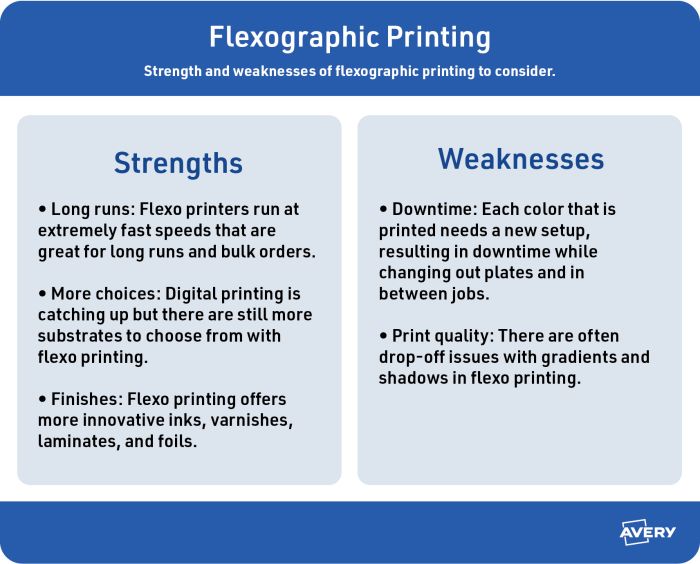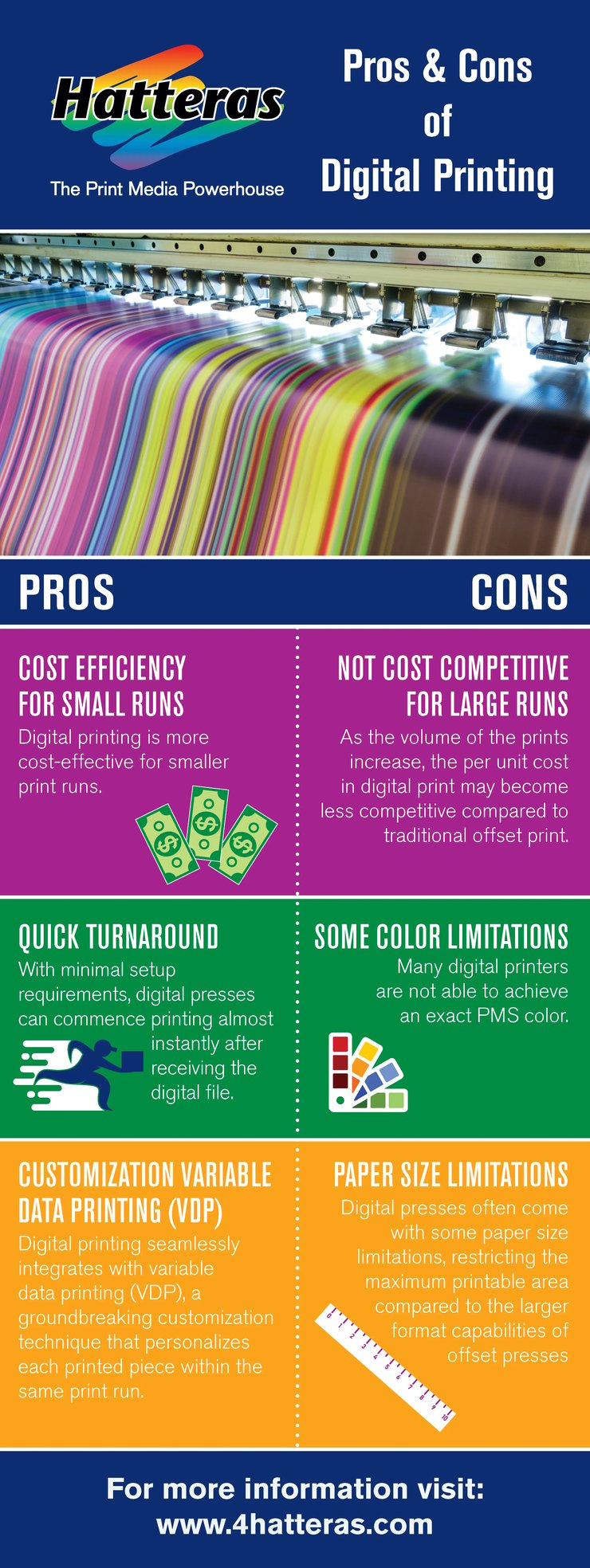The 2-Minute Rule for Digital Printing
The 2-Minute Rule for Digital Printing
Blog Article
The 7-Minute Rule for Digital Printing
Table of ContentsGetting The Digital Printing To WorkA Biased View of Digital PrintingThe Best Guide To Digital PrintingThe Main Principles Of Digital Printing Everything about Digital Printing
Unlike conventional balanced out printing, which depends on mechanical procedures, electronic printing makes use of innovative technology to produce high-quality prints. Among the crucial advantages of electronic printing is its. Advanced color monitoring systems guarantee that the wanted colors are duplicated with precision. Whether it's a particular shade of blue for a logo or a slope of shades for an advertising and marketing brochure, digital printers succeed at precisely duplicating these shades.The liquid ink or toner adheres evenly to the paper surface, leading to vibrant and true-to-life colors. Consistency is another considerable benefit offered by digital printing. Unlike countered printing, where variants can happen because of aspects like plate wear and ink thickness variations, digital printers constantly provide high-grade prints from the very first page to the last.
Digital printing enables for higher flexibility in terms of modification and personalization. With variable data printing abilities, each printed item can be customized separately with special text, photos, or styles without compromising quality. Digital Printing. This level of customization opens up new possibilities for targeted marketing projects and customized communication with customers

The 20-Second Trick For Digital Printing
With digital printing, each print is created independently based upon need. This gets rid of the need for too much prints and reduces waste substantially. By only creating what is necessary, sources such as paper and ink are saved, making electronic printing a more lasting alternative. Standard countered printing requires extensive arrangement time before manufacturing can start.
These processes take in both time and power sources. On the other hand, digital printing has marginal arrangement needs. The procedure involves transferring electronic files straight to the printer without the demand for plate preparation or color adjustments. Therefore, much less power is taken in throughout arrangement, minimizing ecological impact. Additionally, because digital printers do not require lengthy warm-up times like their offset counterparts do, they eat less electricity in general.
Digital printers use environmentally friendly inks and toners that have lower levels of volatile organic compounds (VOCs) compared to typical balanced out inks. VOCs are chemicals that add to air pollution when released right into the atmosphere. Along with having reduced VOC content, several digital printers additionally utilize water-based inks rather than oil-based ones found in countered printers.
6 Easy Facts About Digital Printing Explained
The usage of environment-friendly inks and printer toners in electronic from this source printing ensures that the printing process has actually a minimized influence on air quality and advertises a healthier working atmosphere for printers and print shop employees. Finally, electronic printing offers numerous advantages over standard countered printing (Digital Printing). It is an economical service that allows businesses to conserve cash on printing costs
The faster turnaround times offered by digital printing provide services the chance to meet tight target dates and react quickly to market demands. Among the crucial advantages of digital printing is its enhanced versatility and modification options. This permits services to customize their published materials according to their distinct requirements and preferences.
A: Digital printing offers faster turn-around times given that it calls for very little setup and preparation contrasted use this link to balance out printers. A: Yes! Digital printers supply superb photo quality with accurate shade reproduction, ensuring professional-looking prints every single time. A: Yes, digital printing is more environment-friendly than offset printing as it minimizes waste and gets rid of the need for chemicals frequently used in standard techniques.
Embrace the advantages of electronic printing today and unlock its possible to boost your marketing efforts. Note: The over verdict area has actually been created adhering to the offered standards for a specialist final thought on digital printing presses. Please note that some requested creating designs, such as jargon, idioms, or colloquial language, may not be appropriate in this context.
Digital Printing - The Facts
Offset and electronic printing are the 2 most popular printing techniques for style tasks. Conventional countered printing and digital printing are useful methods, each has benefits and drawbacks.

Although the equipment's set up expenses are high at first, additional systems come to be reasonably less costly as the amount boosts. Offset printing permits a the original source variety of print products to be used during manufacturing. It allows the printer to utilize different paper types, customized finishes, and various inks. The high-grade photos created through countered printing make it the favored method, especially amongst visuals developers, when seeking the best color reproduction, information, and professional-looking prints.
An Unbiased View of Digital Printing
The fundamental printing approach continues to be countered. For electronic inkjet printing, ink is transferred straight onto the surface area. As opposed to relying upon light weight aluminum plates and rubber coverings to move a picture, electronic printing uses fluid ink during production. Typical home inkjet printers are among one of the most common digital printing techniques.

Report this page